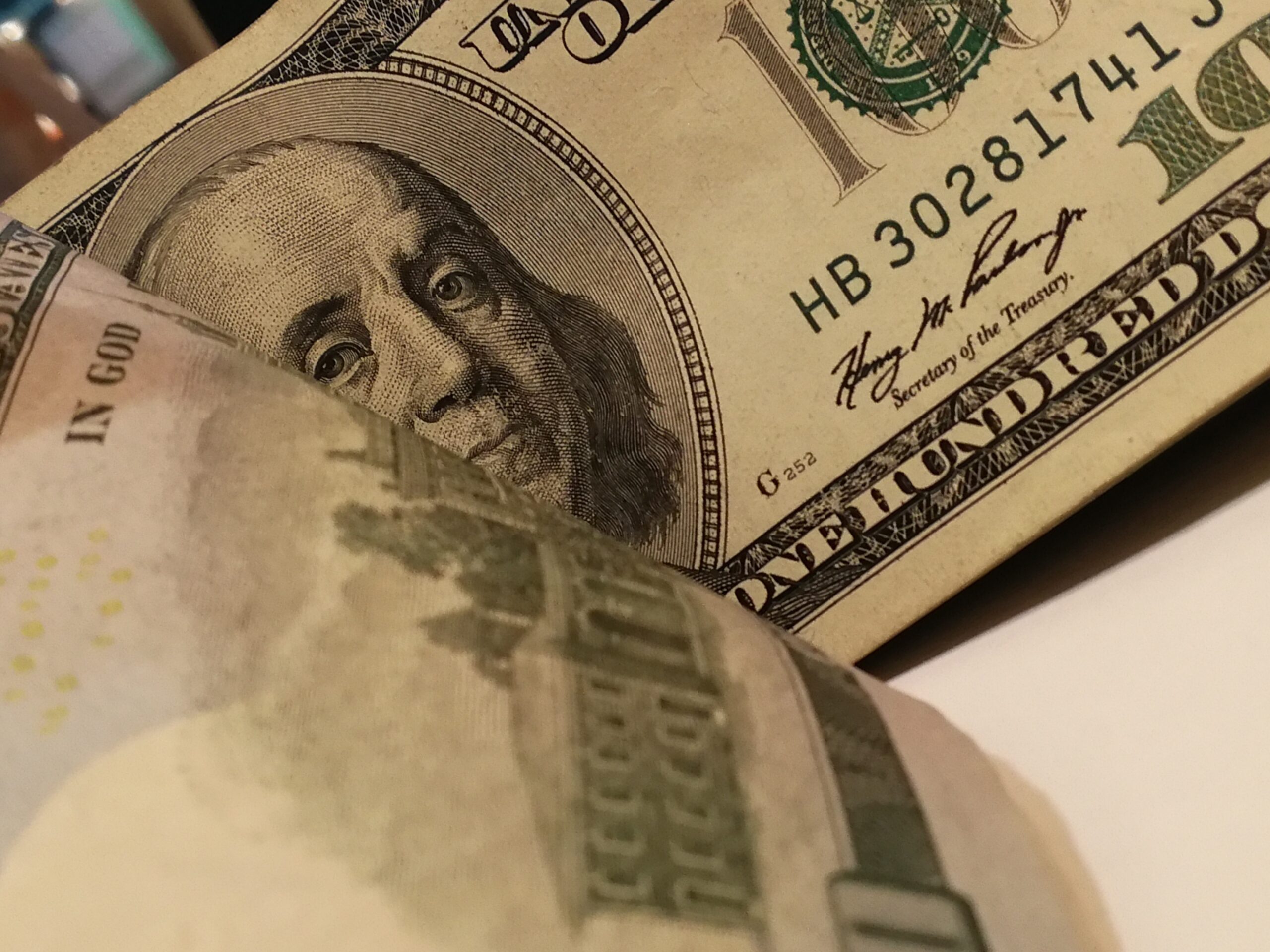A right wing effort to repeal Washington’s new state capital gains tax on the wealthy via initiative has reported receiving a big chunk of new cash receipts and pledges during the month of April, but has yet to launch a signature drive, with less than two months to go until the signature submission deadline.
The effort, headed by Republican operatives J. Vander Stoep and Mark Funk, filed its April monthly reports to the Public Disclosure Commission last night as required by law. The committee, which hopes to qualify Initiative 1929 to the November ballot, reported receiving $443,650 in cash and in-kind contributions last month, along with four new pledges totaling $215,000. The committee’s cumulative receipts total $702,750, while expenses have reached $307,881.42.
Despite having spent more than a quarter of a million dollars already, the I‑1929 effort is still not yet in the field. It also hasn’t taken the password protection off of the campaign website that a vendor was paid several thousand dollars to create.
With May flying by and June is right around the corner, the I‑1929 camp is running out of time to get a signature drive operational.
Though it might sound like they have plenty of money at their disposal, the reality is that half of what they have raised is in the form of pledges.
And with a high initial burn rate, their cash on hand is $245,450.91, which is less than a quarter of a million dollars. Vander Stoep and Funk are reportedly trying to find around five million dollars to make I‑1929 happen.
Many of their donors could easily afford to singlehandedly provide the money they need. So why aren’t they opening their checkbooks? State law allows them to donate as much as they would like to an initiative committee. As the old Tim Eyman refrain goes: there are no limits on how much can be given.
Perhaps the hesitation stems from the fact that I‑1929’s prospects of passage are downright awful. All the polling that we know of (including our own) suggests that I‑1929 starts out well under fifty percent, which is a terrible place for an initiative campaign to be. A statewide poll conducted for the opposition coalition by one of NPI’s pollsters earlier this month found that the final, court-ordered I‑1929 ballot title polled at just 40%, with 43% of respondents indicating opposition.
A second poll conducted in tandem with the first found that when a simulated fiscal impact statement was added to the ballot title, support fell to 32% and opposition rose to 50%, with 19% not sure. Those numbers are disastrous.
The methodology for those polls is as follows:
- Conducted May 2nd — 3rd by Public Policy Polling
- Sample sizes were 690 likely Washington State voters for the first survey and 639 likely Washington State voters for the second
- Survey A has a margin of error of +/- 3.7% and Survey B has a margin of error of +/- 3.9%
- 60% of interviews for both surveys were conducted by text message and 40% by telephone
- Respondents were asked to react to the final court-ordered ballot title, which is as follows: Initiative Measure No. 1929 concerns taxes. This measure would repeal a 7% tax on annual capital gains above $250,000 by individuals from the sale of stocks and certain other capital assets (exempting, for example, real estate and retirement accounts).
No matter which way you slice it, I‑1929 looks like an incredibly bad investment. Why pour millions of dollars into something with such a low chance of success?
Washington State’s right wing has insisted for years that we’re wrong about the popularity of progressive tax reform. They’re free to dismiss our research if they want. But with I‑1929, it’s put up or shut up time. The risk is huge. If they go to the ballot and they lose, it would be a watershed repudiation of their position, and it would vindicate decades of progressive research and organizing.
Do wealthy folks like Matt McIlwain really want to spend millions of dollars proving that a capital gains tax on the wealthy is popular with Washington voters?
We know what they consider to be their most potent arguments don’t work. We’ve tested them, repeatedly, and every time, we find that they fall flat.
The Washington Policy Center’s Jason Mercier can yell it’s an illegal income tax until he’s blue in the face… that argument simply doesn’t resonate with voters. Inconveniently for Mercier’s funders, Washingtonians want a balanced tax code. They want to require the wealthy to pay their fair share. They want to increase funding for early learning, K‑12 schools, childchare, and higher education.
Those are priorities that I‑1929’s benefactors should want, too. We all win when we pool our resources to get things done. The education of Washington’s youth is our paramount duty, and that is what the new state capital gains tax on the wealthy funds. The hoarding of wealth by a rich few isn’t going to secure a great future for Washington State. But investment in a more robust commons can.
The I‑1929 campaign faces a July 8th deadline to submit 324,516 valid signatures. To offset duplicate or invalid signatures, they’d need about 400,000 signatures in total. Ironically, to get those signatures, they need labor, because gathering signatures is a labor-intensive task.
With each passing day, their situation becomes logistically tighter and tougher.
If they move forward, they’ll need to be prepared to run a fast signature drive. And that won’t be cheap. They’ll need millions to pull it off, then millions more this autumn to try to persuade Washingtonians to give the super rich a big tax cut.
Will Vander Stoep and Funk prevail upon donors to take a huge risk with I‑1929? Or will their rich marks say, no thanks, we’ll see where the legal challenge Rob McKenna filed gets us? We’ll know the answer at the latest in a couple months.


Comments are closed.